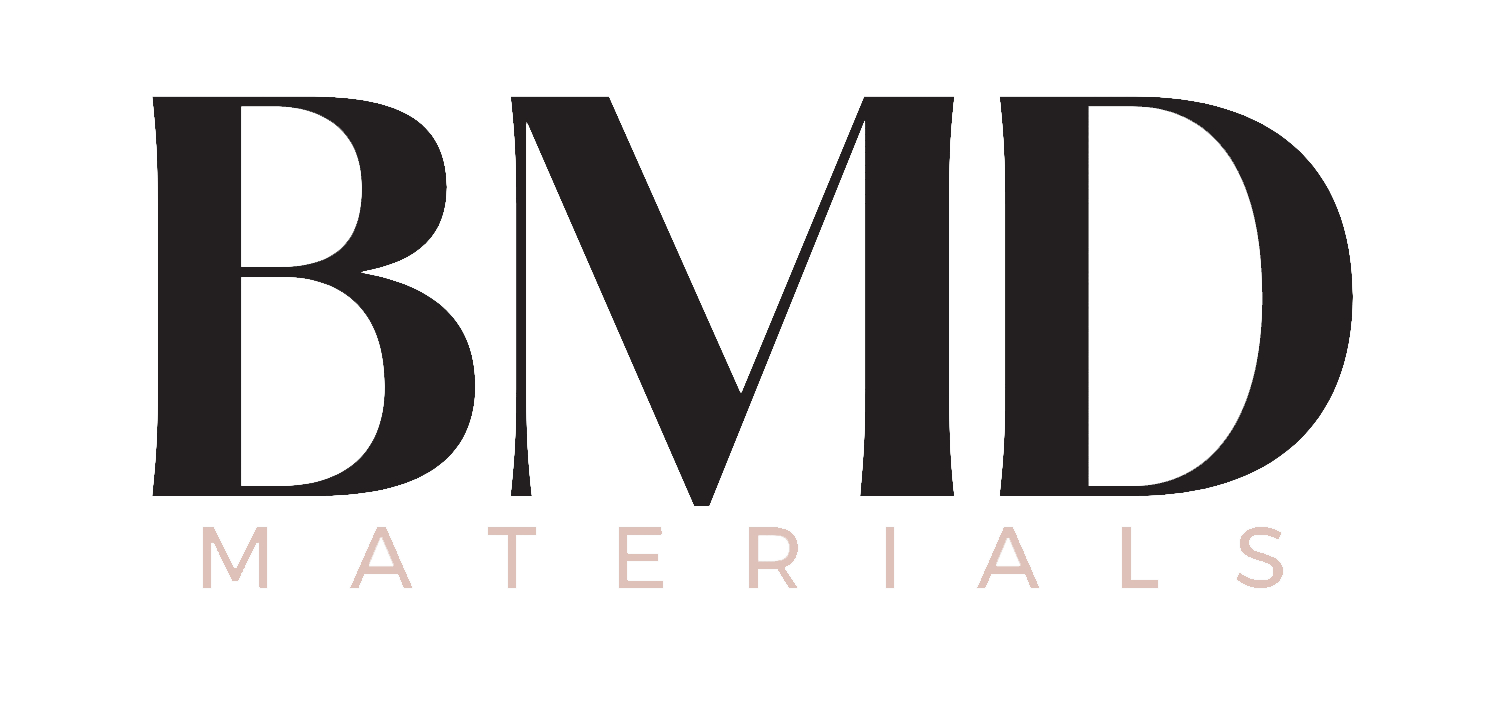Sustainable Flooring Innovations: The Future of Flooring 2024
In the commercial flooring industry, sustainability has become a key focus as more developers, architects, and designers seek materials that align with environmental values. According to recent studies, the global sustainable flooring market is experiencing robust growth due to increasing awareness about the ecological footprint of construction materials. For businesses, including those in Winnipeg, the demand for eco-friendly flooring solutions offers an opportunity to meet both regulatory demands and consumer expectations.

This post explores the latest innovations in sustainable flooring, backed by real market data, and includes a Q&A section to address some of the most pressing questions surrounding these developments.
5 Major Innovations in Sustainable Flooring
As highlighted in a recent article by Floor Trends Magazine 5 Innovations for More Sustainable Flooring, here are the top advancements reshaping the industry:
1. Recycled and Reclaimed Materials
One of the most significant innovations is the increased use of recycled materials, which not only reduces waste but also offers high-quality flooring options. Products made from post-consumer waste, such as reclaimed wood, recycled rubber, and even upcycled carpet fibers, are gaining popularity in commercial spaces.
2. Bio-Based Flooring
Bio-based materials, like cork, linoleum, and bamboo, have surged in demand. These materials are sourced from renewable resources, making them an environmentally friendly option for sustainable flooring. Bamboo, for instance, is highly renewable due to its rapid growth cycle, making it a great alternative to traditional hardwood.
3. Water-Based Adhesives and Coatings
Flooring adhesives and coatings have traditionally been a significant source of volatile organic compounds (VOCs). The switch to water-based alternatives has reduced the environmental impact by lowering the emission of harmful chemicals during installation.
4. Cradle-to-Cradle Certified Products
Cradle-to-Cradle certification is becoming a gold standard in the sustainable flooring industry. This certification ensures that materials can be reused in future manufacturing processes, effectively creating a circular economy.
5. Carbon-Neutral Manufacturing
Many flooring manufacturers are striving toward carbon-neutral production. By investing in renewable energy sources, such as solar and wind, and minimizing waste throughout the supply chain, the flooring industry is making strides in reducing its carbon footprint.
Market Growth and Demand for Sustainable Flooring
The global sustainable flooring market was valued at USD 68.8 billion in 2022, and it is expected to grow at a compound annual growth rate (CAGR) of 7.6% from 2023 to 2030. This growth is driven by increased consumer awareness, stricter environmental regulations, and a broader shift toward green building certifications like LEED (Leadership in Energy and Environmental Design). North America and Europe currently dominate the market, but regions like Asia-Pacific are also witnessing rapid growth due to urbanization and government initiatives supporting green construction.
In the commercial sector, businesses are increasingly focusing on eco-friendly interiors to align with corporate sustainability goals. For instance, in Manitoba, the local government encourages sustainable building practices, and adopting green flooring solutions helps businesses meet these requirements while promoting a healthier indoor environment for employees and customers.
Q&A: Understanding Sustainable Flooring
Q: What are the most popular sustainable flooring materials for commercial projects? A: Some of the top choices include cork, bamboo, and recycled rubber flooring. Additionally, linoleum and recycled carpet tiles have become popular for high-traffic areas due to their durability and eco-friendly manufacturing processes.
Q: How can I be sure the flooring I choose is truly sustainable? A: Look for certifications such as Cradle-to-Cradle, GREENGUARD, or the FloorScore certification. These labels ensure that the product meets strict environmental standards throughout its lifecycle, from manufacturing to disposal.
Q: Are there any financial incentives for using sustainable flooring? A: Yes, in many regions, including Manitoba, developers may be eligible for financial incentives such as tax credits or grants for using environmentally friendly materials. Additionally, sustainable flooring can contribute to achieving LEED certification, which can enhance the value of a property.
Q: What is the lifespan of sustainable flooring compared to traditional options? A: Most sustainable flooring options, such as bamboo and cork, have comparable lifespans to traditional materials like hardwood or vinyl, often lasting 15 to 25 years with proper maintenance. Recycled rubber flooring, used commonly in commercial gyms or hospitals, can last even longer due to its durability.
Q: Does sustainable flooring cost more than traditional options? A: While some eco-friendly flooring materials may have a higher upfront cost, they often provide long-term savings due to their durability and low maintenance requirements. Additionally, the growing demand for sustainable products is driving prices down as the market becomes more competitive.
Why Choose BMD Materials for Sustainable Flooring?

BMD Materials is proud to offer a range of eco-friendly flooring solutions tailored for commercial projects in Winnipeg and the surrounding areas. Whether you’re working on a large-scale development or a smaller renovation, we can guide you through the process of selecting the right sustainable products for your needs. Our team stays ahead of the latest trends and innovations, ensuring that your flooring choices contribute to your sustainability goals without compromising on quality.
Sustainable flooring is no longer just a trend—it’s the future of the industry. With innovations in materials, manufacturing processes, and certifications, there are more eco-friendly options available than ever before. For businesses and developers in Winnipeg, adopting sustainable flooring is not only a responsible choice for the environment but also a strategic move to meet the growing demand for green buildings.
To learn more about sustainable flooring solutions or to speak with one of our experts, contact BMD Materials today.

